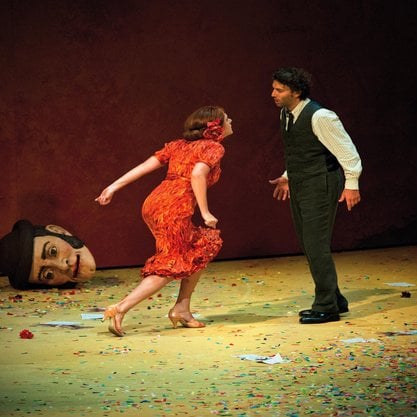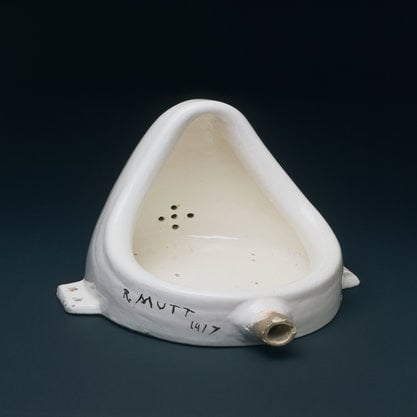Article
Ball, Hugo (1886–1927) By Shipe, Timothy
Article
Born in Pirmasens on February 22, 1886, the German writer Hugo Ball is best known as the co-founder, with Tristan Tzara, of the Cabaret Voltaire and the Dada movement in Zurich. Active initially as an Expressionist playwright and dramaturge in Munich and as a journalist and literary critic in Berlin in the years leading up to World War I, Ball left Germany with his companion and future wife Emmy Hennings in 1915. They remained in Switzerland for the rest of their lives. Following his period of Dada activities in 1916 and 1917, Ball was a journalist for a centre-left newspaper for three years. Reconverting to the Catholic faith of his childhood, Ball spent the remainder of his life in relative seclusion in Ticino, where he wrote a series of religious books and revised his diaries for publication.




